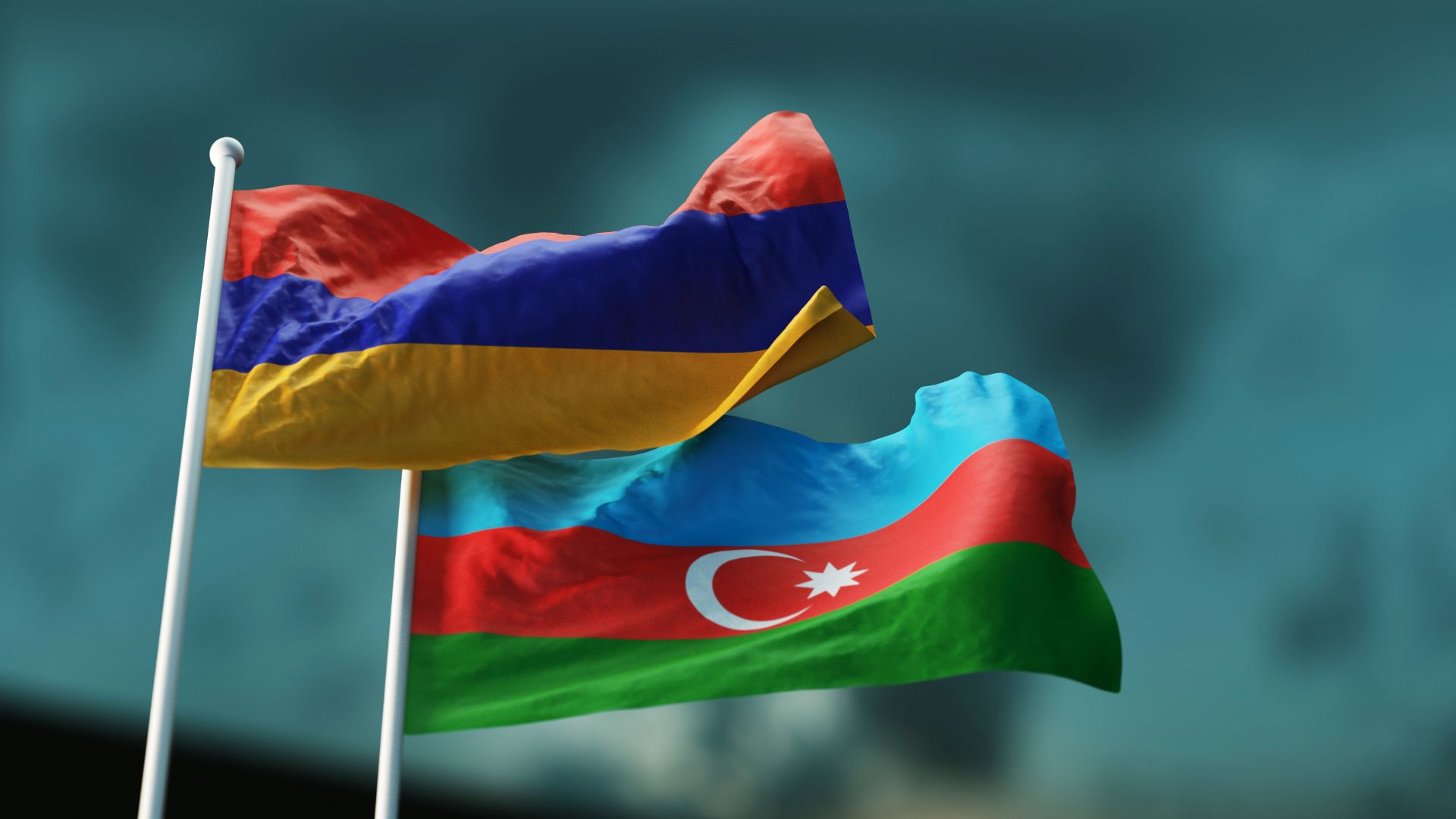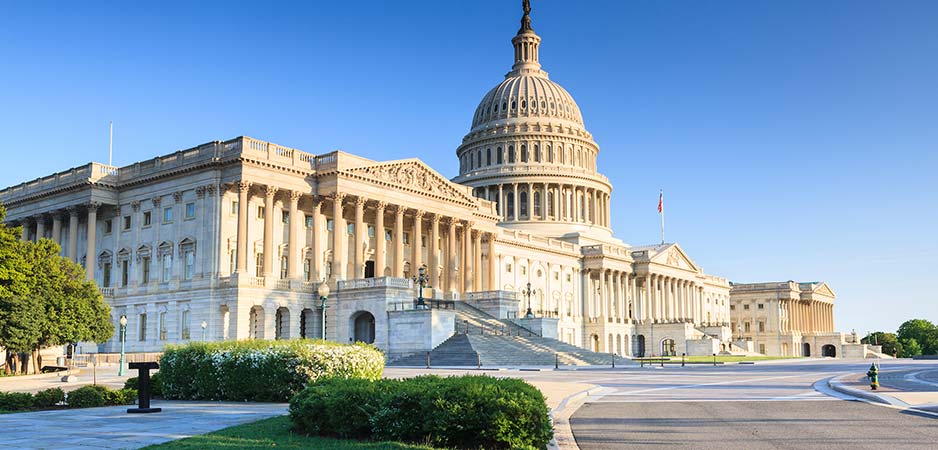At the root of the Russia-Ukraine conflict are divergent notions of national identities and interests. Ukraine desires to leave Russia’s orbit and integrate with the West. In contrast, Russia believes that Ukraine is a part of its near abroad and belongs to the Russian sphere of influence.
Since the collapse of the Soviet Union, Russian nationalism has been on the rise and is a key driver of the Russia-Ukraine War. Russian President Vladimir Putin has fostered this nationalism for decades. He first made his name by crushing the anti-Russian uprising in Chechnya. In recent years, Russia has become more aggressive. In the case of Ukraine, Putin has been particularly aggressive.
Russia’s annexation of Crimea and support for pro-Russian rebels in eastern Ukraine sparked a conflict. This violated Ukraine’s sovereignty and has led to a deadly conflict that has claimed thousands of lives.
Tracing the Roots of Russian and Ukrainian Nationalism
Nationalism has always played a big role in Russia’s history. It first came to the fore at the end of the 18th century. In the early 19th century, an idea of national superiority and honor came into shape, along with a strict loyalty to the ideology of Emperor Alexander I. During what is known as the “Golden Age” of Russian literature, writers such as Ivan Kireevsky, Mikhail Pogodin and Fyodor Tyutchev furthered these sentiments.
These writers asserted that Russian culture was superior to that of other nations. They glorified Russian martyrs who gave their lives for their country. Over time, this sense of national pride became ingrained in the mindsets of most Russians.
The Russian Romanticism of 1820-1840 extolled Russian literature, culture, language and orthodoxy as sources of pride and uniqueness. This was also a time when the Russian Empire continued to spread through Central Asia and the Caucasus. Russia fought against both the Austro-Hungarian and Ottoman empires for territory. This quest for empire fuelled Russian nationalism.
Russia’s nationalism is driven by a sense of being wronged by others and a desire for a strong leader. Throughout history, Russians have faced invasions and attacks from different enemies, such as the Mongols, the Swedes, the Poles and the Nazis. These experiences have shaped their sense of identity and pride.
They also made Russians crave a strong leader who can protect them from any threat. This craving is the reason Russians have tolerated authoritarian rulers for centuries and why many of them support Vladimir Putin today. Putin claims to be a strong leader who can stand up to the West and defend Russia’s interests.
Ukrainian nationalism also has deep roots in the country’s history. It grew out of a resistance to domination and assimilation by the Russian and Austro-Hungarian empires. In the 19th century, a group of Ukrainian intellectuals and writers initiated a movement for Ukrainian national revival, which aimed to celebrate and preserve their unique language, culture and national identity. These nationalists also advocated for an independent state, free from outside domination.
Ukrainian nationalism is no longer simply about asserting independence from Russia. It is also about integrating with Europe and NATO, who are both now seen as partners and allies. Ukrainians view themselves as part of Europe, both geographically and culturally. This is reflected in their desire to embrace Western values and norms, such as democracy, human rights and the rule of law.
At the same time, Ukrainian nationalism is defined more than ever by standing up to Russia’s bullying and meddling. This became progressively worse since Russia took over Crimea and started a war in Donbas. For Ukrainian nationalists, their language, culture and history matter immensely. These Ukrainians are willing to fight and even die to protect the nation. They want to speak Ukrainian in all situations, celebrate Ukrainian holidays and traditions, and honor Ukrainian heroes and achievements.
Putin Sees Ukraine as a Betrayer of Slavic Unity
Putin’s vision of “Great Russia” or a “Russian World,” encompasses not only the territory of modern-day Russia and Ukraine but other countries with significant ethnic Russian populations. They include Belarus, Kazakhstan and the Baltic states. Putin portrays Moscow. as the protector of Russian speakers abroad. Therefore, he constantly advocates for the rights and the interests of Russian speakers in neighboring countries.
Putin once said that “since time immemorial, the people living in the southwest of what has historically been Russian land have called themselves Russians and Orthodox Christians”. Russia and Ukraine share a common Eastern Slavic heritage that dates back to the medieval state of Kyivan Rus. Kyivan Rus was the birthplace of both Ukraine and Russia. Its ruler, Volodymyr the Great, changed the state religion to Orthodox Christianity in 988 A.D.
According to Putin, Ukraine’s independence was a result of an erroneous division of land by Soviet leader Vladimir Lenin and his associates. Furthermore, “modern Ukraine was entirely created by Russia or, to be more precise, by Bolshevik, Communist Russia.” To Putin, this is unacceptable.
Russia wants to keep Ukraine under its control for many reasons. First, it wants to have a buffer zone between itself and NATO countries, which it sees as Russia’s enemies. Putin is not the only Russian who is also worried about NATO’s expansion to Russia’s borders and its interference in its near-abroad, which the country sees as its backyard. Second, Moscow wants to protect the rights of ethnic Russians and Russian speakers in Ukraine. Putin claims that Ukraine is discriminating against them. Third, Russia wants to make sure it has access to important resources such as the natural gas pipelines that run through Ukraine as well as the Ukrainian coastline near Crimea.
The war in Ukraine demonstrates that Russia’s nationalism is all based on a feeling of being wronged by others, a craving for a strong leader and a deep desire to defend ethnic Russians. Over a year of conflict has demonstrated the strength of Russians nationalism and its readiness to fight against the West. It has also shown us how risky and dangerous such nationalism can be and the need for negotiations to avoid more violence.
[Naveed Ahsan edited this article.]
The views expressed in this article are the author’s own and do not necessarily reflect Fair Observer’s editorial policy.
For more than 10 years, Fair Observer has been free, fair and independent. No billionaire owns us, no advertisers control us. We are a reader-supported nonprofit. Unlike many other publications, we keep our content free for readers regardless of where they live or whether they can afford to pay. We have no paywalls and no ads.
In the post-truth era of fake news, echo chambers and filter bubbles, we publish a plurality of perspectives from around the world. Anyone can publish with us, but everyone goes through a rigorous editorial process. So, you get fact-checked, well-reasoned content instead of noise.
We publish 2,500+ voices from 90+ countries. We also conduct education and training programs
on subjects ranging from digital media and journalism to writing and critical thinking. This
doesn’t come cheap. Servers, editors, trainers and web developers cost
money.
Please consider supporting us on a regular basis as a recurring donor or a
sustaining member.
Support Fair Observer
We rely on your support for our independence, diversity and quality.
Will you support FO’s journalism?
We rely on your support for our independence, diversity and quality.






